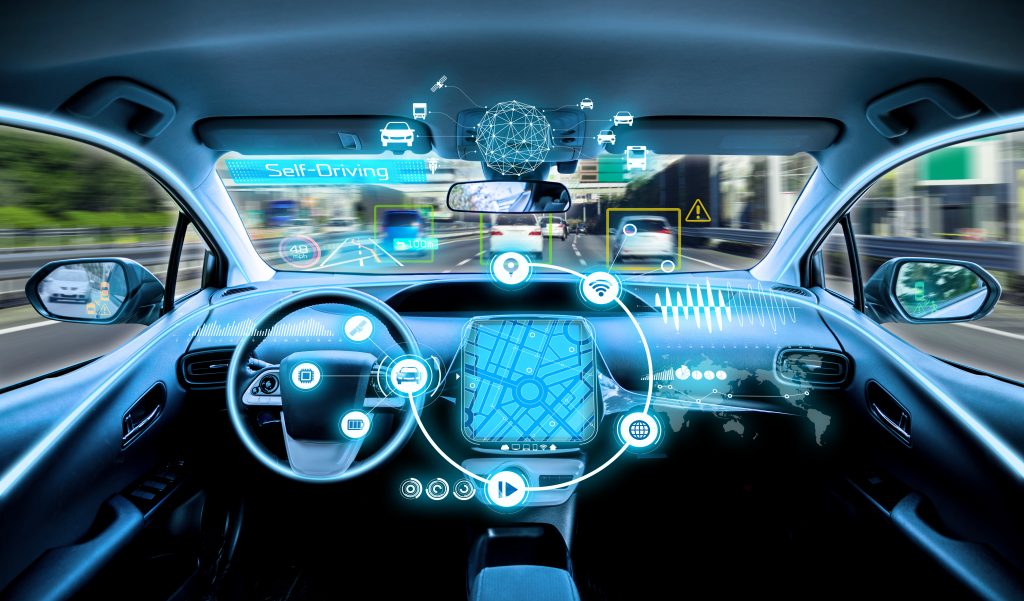The latest research from Counterpoint’s Smart Automotive service has aluded that three-quarters of all new 270 million cars that will be shipped in the next five years will be connected, even as half of all cars shipped in 2020 will be connected.
Though, the data only represents the global passenger car shipments with embedded connectivity and does not include connectivity via smartphone, it noted that the global connected car market will experience a boom, with the US and China together accounting for two-thirds of all connected car shipments in Q2 2020.
“The market saw a healthy growth of 18% YoY in Q2 2020 with connected car shipments reaching close to seven million units during the period. The penetration of connectivity in cars continues to increase, and 2020 will see half of all cars sold worldwide having embedded connectivity in them,” said Aman Madhok, Senior Analyst at Counterpoint’s Smart Automotive service.
Madhok stated that while the market witnessed YoY growth, the shipments declined by 5% when compared to Q1 2020 due to the subdued passenger car sales following the COVID-19 pandemic, even though rebounding car sales in China helped in market recovery to some extent.
Commenting on the findings from the connectivity perspective, Research Associate Fahad Siddique said, “Automakers continue to adopt the latest technology, with 4G LTE-based connected cars accounting for almost 88% of all shipments in Q2 2020. 5G connected cars will enter mass production next year. By 2025, one out of every five connected cars will have 5G embedded connectivity. China and the US will together account for the majority of 5G connected cars sold in the next five years.”
Discussing the key trends, Research Director Peter Richardson said, “While the E-call regulation has been driving connected car shipments in Europe, increasing cockpit digitization coupled with customer preference for connected services is driving the growth in the US and China. Both the countries together accounted for close to two-thirds of connected car shipments in Q2 2020.
Automakers too are promoting connected services to attract buyers and earn additional revenue through subscriptions.”
Talking about how mainstream brands are now adopting connectivity, Peter added, “A few years back, luxury cars like Mercedes Benz and BMW accounted for most of the embedded-connectivity cars sold, along with some mainstream brands like GM. But now more mainstream brands, like Volkswagen and Toyota, have started to take connectivity seriously, giving a huge push to connected car shipments.”




